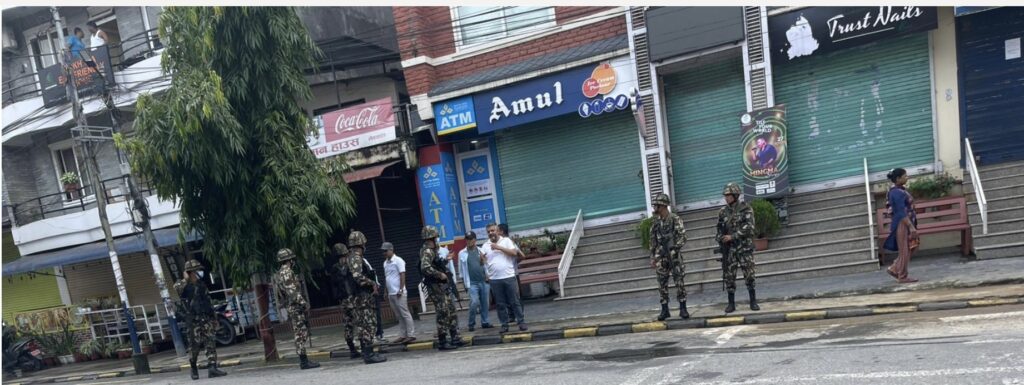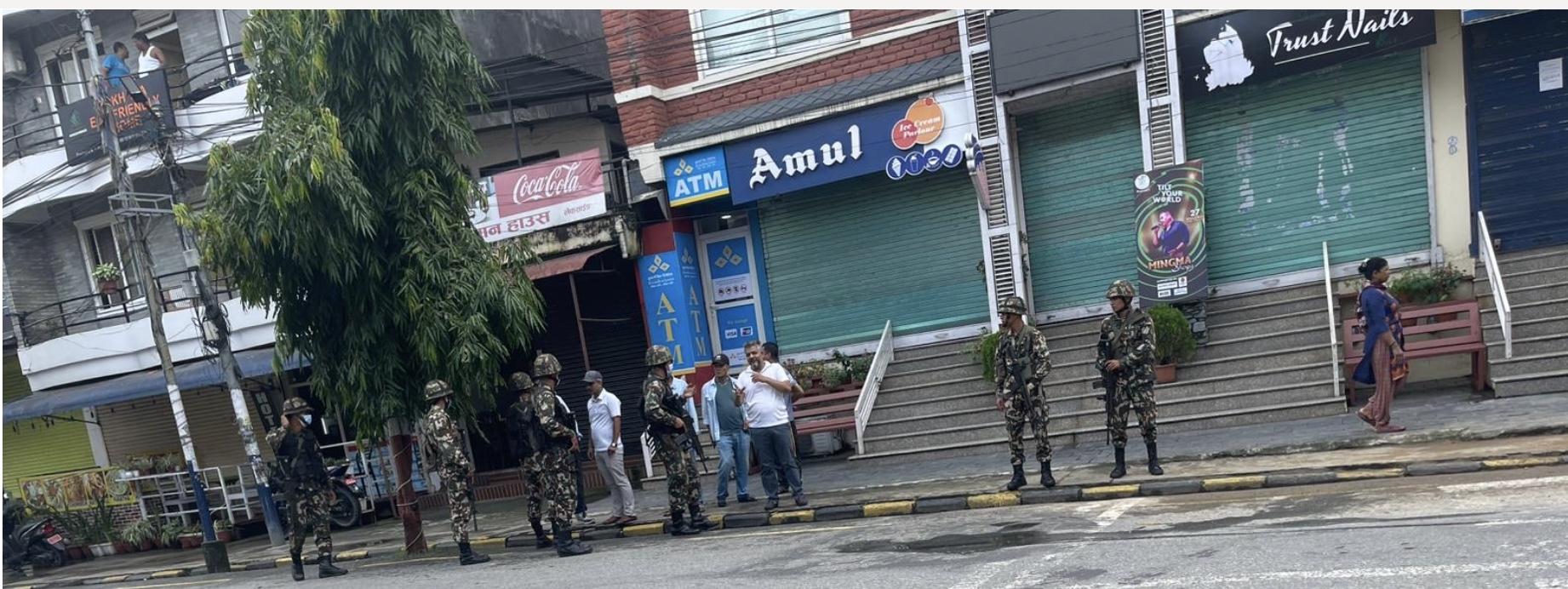10 September 2025
“It’s worse than a crime, it’s a mistake.”, The wisdom of Tallyrand comes to mind as I walk down the foothills of the Himalayas and watch the erstwhile peaceful town of Pokhara, still burning after last night’s protests.
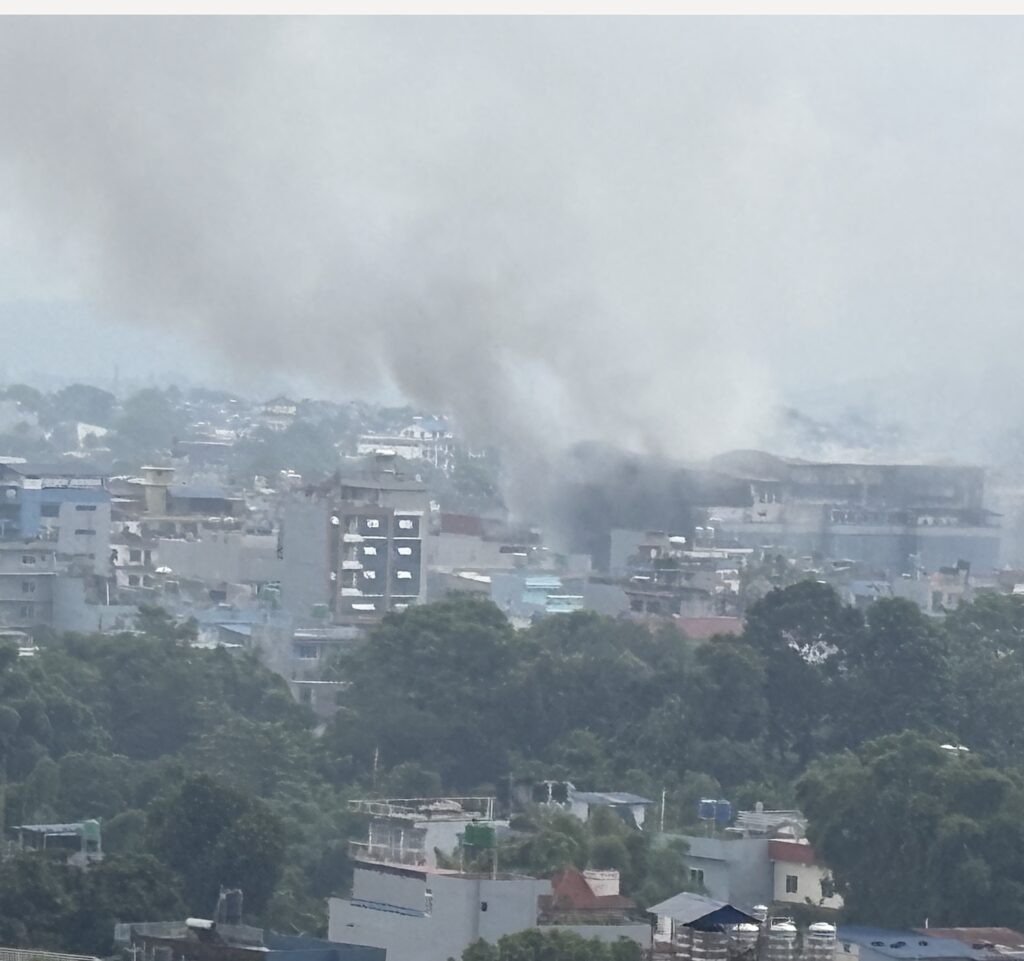
The idealistic young protesters I spoke to sounded like characters from Les Misérables, about to mount the barricades once again. “Nepal’s massive protests are paving the way for a new system. A new dawn is rising,” one told me. “We may finally dream about living in this country and not having to leave,” remarked another.
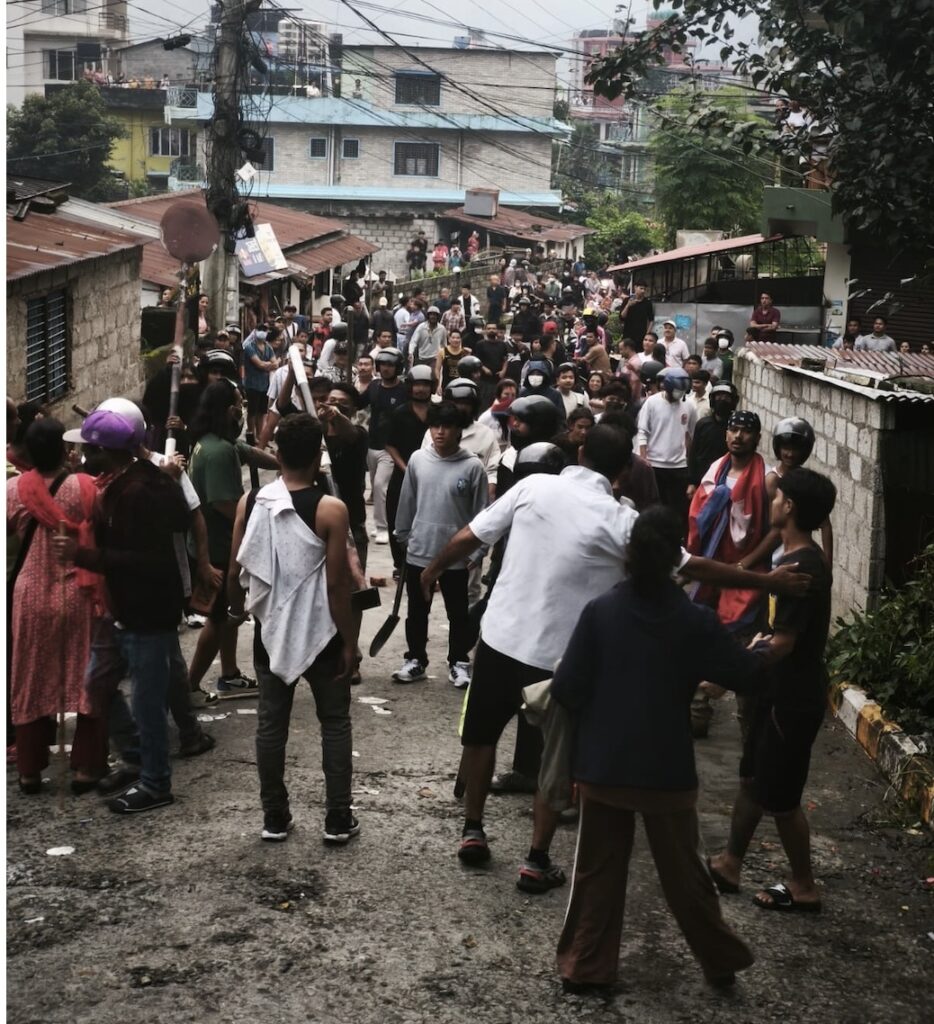
Nineteen of their fellow protesters lay dead after the govenment’s heavy-handed response to the protests two nights before, and the subsequent riots saw the torching of hotels, cars, and the burning alive of Rajyalaxmi Chitrakar, wife of the former PM. The Peepal Resort and Goodwill Hotel, both a five-minute walk from my apartment, were set ablaze by protesters enraged by the government ministers who, apparently, own or have invested in them.
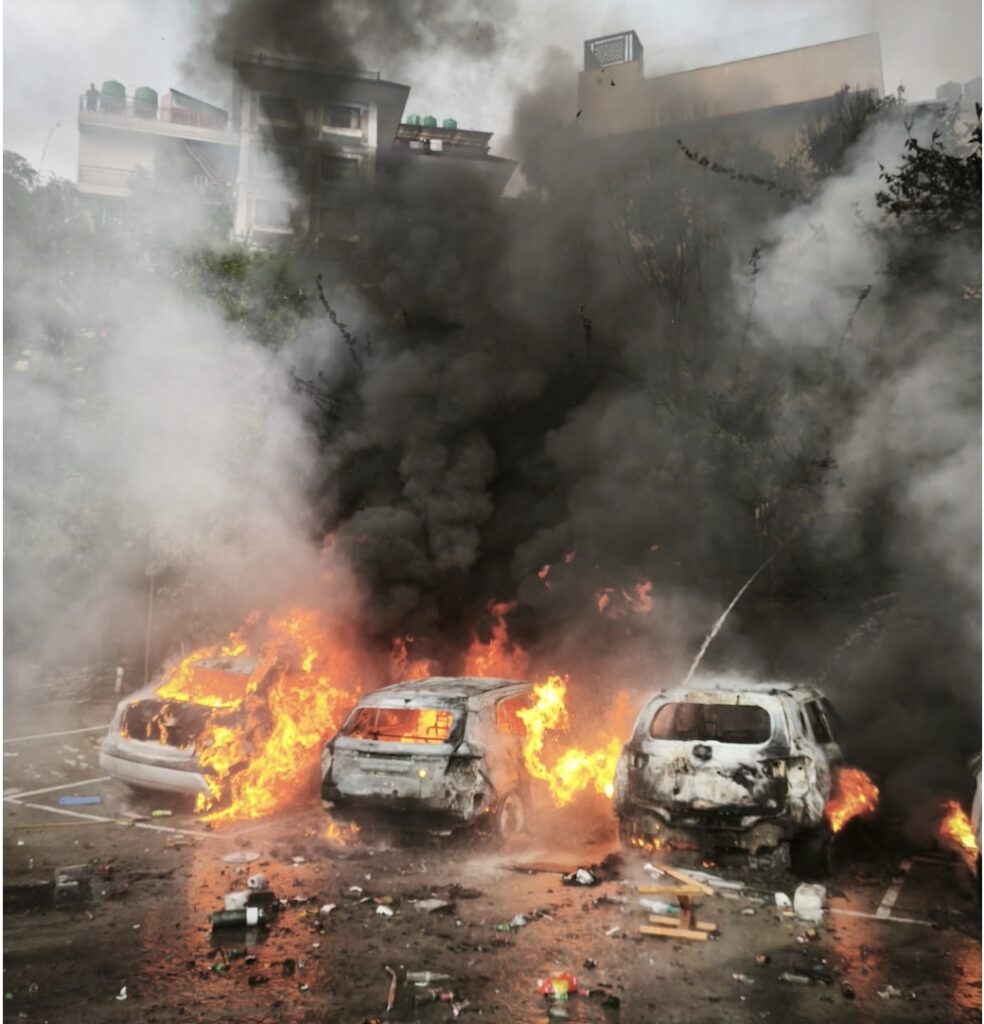
All of this as a response to a social media ban seems like the height of folly. But it also raises questions about how small countries can battle against social media companies that operate in their nations. Nepal’s government wanted to force the likes of Google and Meta to register with them, in accordance with the Electronic Transaction Act (ETA), 2006. This would have forced them to be accountable to Nepalese laws regarding data security and spreading fake news. Those companies ignored the government’s demand and were subsequently banned.
However, they play such a key part in the Nepalese online economy, in terms of marketing and trade, that the government faced immediate pressure to reverse the ban. Their failure to do so saw a confrontation that toppled the government and set the parliament alight. Whilst the protesters surely had a point here, I do wonder what this forebodes for other countries that want to limit the spreading of lies from their powerful neighbours. With relatively small countries like Georgia and Romania, seeing a torrent of Russian propaganda flowing through social media and influencing their societies, I wonder how such governments could even hope to tame the wild beast of social media. Whilst in Romania, the courts held Călin Georgescu accountable for his dubious backers, Georgia has been slowly moving away from the West since its pro-Western leader, Mikheil Saakashvili, whose pro-Western policies saw me spending a year living in Georgia, was deposed and imprisoned.
As I continue my walk home, I see the military lining the streets, and this may well be the end of this episode of public disorder for now. The government has been toppled and the social media ban reversed, but what is the future of Nepal and its battle with misinformation? Can a small country grapple with the giants of Google, Meta, and Twitter? For now, it would seem like the answer is no, and it’s not clear what that means for the future of global democracy.
